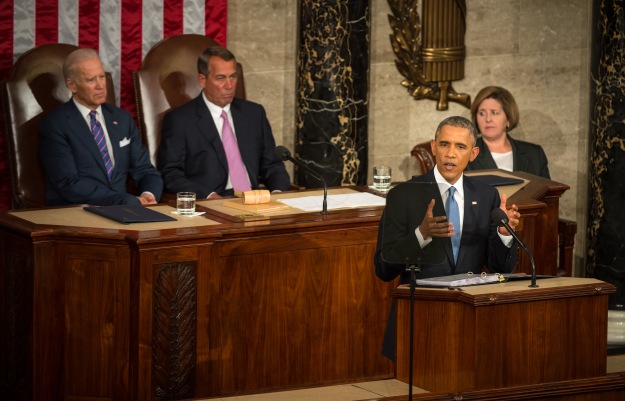Previously published at WGBHNews.org.
During the past two months, major investigative articles in The New Yorker, The New York Times Magazine, and The Intercept have been published about Rupert Murdoch’s media empire and how it has fused with right-wing populist governments on three continents — including President Trump’s administration in the United States — in order to enhance his family’s power and wealth.
So it’s no small irony that, on Monday, the Pulitzer Prize for National Reporting was awarded to Murdoch’s Wall Street Journal for exposing the hush money that Trump paid to Stephanie Clifford (better known as Stormy Daniels) and Karen McDougal. As the Pulitzer announcement put it, the award was “for uncovering President Trump’s secret payoffs to two women during his campaign who claimed to have had affairs with him, and the web of supporters who facilitated the transactions, triggering criminal inquiries and calls for impeachment.”
At least to this point, the Journal’s reporting has created more of a legal minefield for the president than has special counsel Robert Mueller’s investigation — although that may change when the redacted version of the Mueller report is released later this week. Thus it’s worth pondering why Murdoch, who has transformed the Fox News Channel into a full-throated propaganda vehicle for Trump and his hateful utterances, has nevertheless maintained the Journal’s excellence during his decade-plus of ownership.
My guesses: The Journal gives Murdoch a cachet he otherwise wouldn’t have; and he knows that a high-brow newspaper has nowhere near the power to mold public opinion as does a top-rated cable network whose hosts endorse and amplify Trump’s fact-free rhetoric. The Journal’s reporting may create problems for Trump — but nothing that can’t be drowned out by the likes of Sean Hannity and Tucker Carlson.
One other Trump-related note: The New York Times won the Explanatory Reporting award for its massive investigation into Trump’s false claims that he became wealthy as a result of his own efforts as well for reporting about his family’s reliance on a wide variety of tax-avoidance schemes.
***
Trump and Murdoch aside, you couldn’t look over the list of Pulitzer winners without feeling profound sadness. There was the Special Citation for the Capital Gazette of Annapolis, Maryland, whose journalists kept reporting after five of its employees were killed by a gunman last June. There was the Breaking News Reporting Award that went to the Pittsburgh Post-Gazette for its coverage of the Tree of Life synagogue massacre in October.
The South Florida Sun Sentinel won the most prestigious of the Pulitzers, for Public Service, “for exposing failings by school and law enforcement officials before and after the deadly shooting rampage at Marjory Stoneman Douglas High School.” The Washington Post was a finalist in that same category for its reporting on the killing of its columnist Jamal Khashoggi, apparently at the hands of the Saudi regime.
As Andrew McCormick of the Columbia Journalism Review wrote, Pulitzer administrator Dana Canedy also took note in her remarks of obituaries published by The Eagle Eye, the student newspaper at Marjory Stoneman Douglas.
“These budding journalists remind us of the media’s unwavering commitment to bearing witness, even in the most wrenching of circumstances,” Canedy said. And as McCormick observed, “It was, unfortunately, the theme of Canedy’s remarks and of the 103rd iteration of the prizes this year: the rising tide of violence in the country, which journalists have had to cover and of which they have become targets themselves.”
***
A few other Pulitzer notes:
• Boston Globe photographer Craig Walker, a two-time Pulitzer winner, was a finalist in Feature Photography for his work documenting the life of Connor Biscan, the subject of “Raising Connor,” a boy struggling with autism and other issues. The photos and accompanying story, by Liz Kowalczyk, were published in the Globe last May.
• The late Aretha Franklin was awarded a Special Citation “for her indelible contribution to American music and culture for more than five decades.” The prize was more than well-deserved, but it’s a shame that the Pulitzer board decided to wait until Franklin was no longer around to enjoy it. Quite simply, she was one of the greatest musicians of the past 75 years.
• I had already planned, with some trepidation, to take on David W. Blight’s monumental (912 pages) “Frederick Douglass: Prophet of Freedom.” So I was pleased to see that it won the Pulitzer for History.
• The full list of Pulitzers is deep and impressive, and I have left out more than I’ve included. Please take a look at the best in journalism and the arts in 2018.










